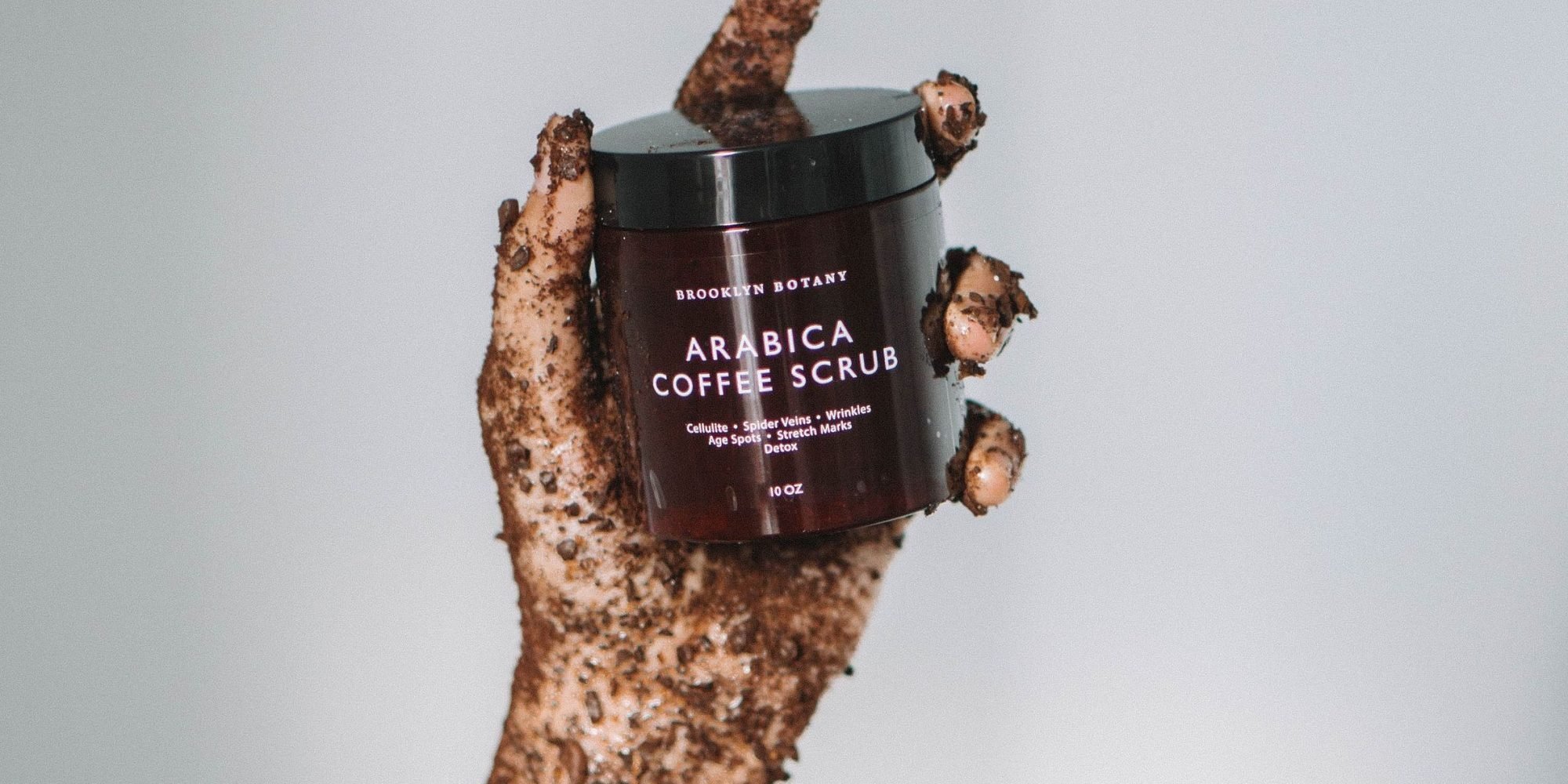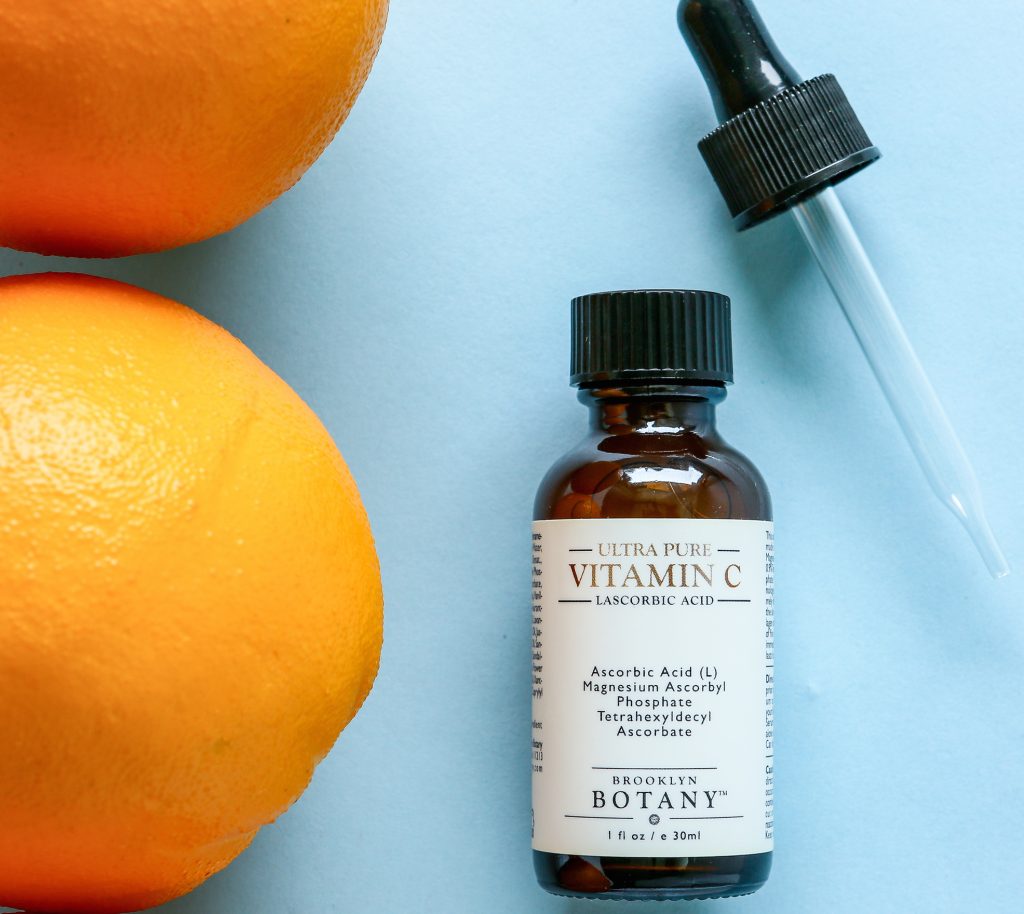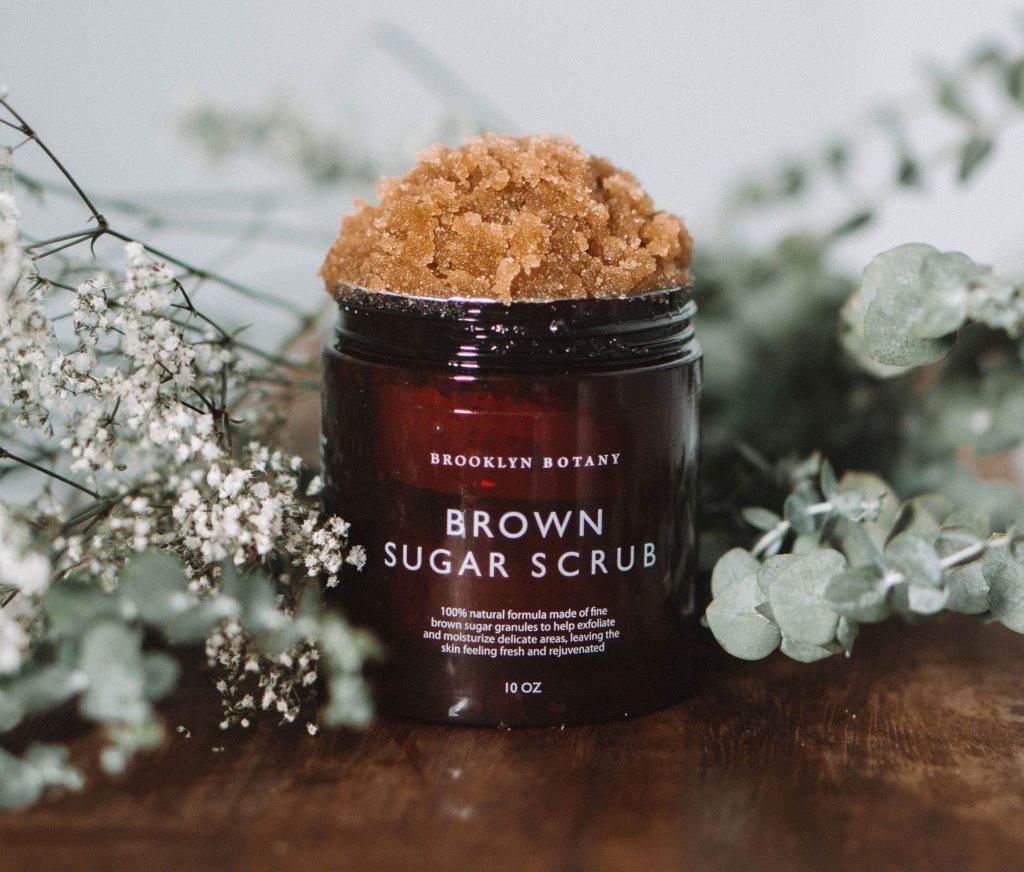
A Behind-The-Screen Look At Amazon Seller Brooklyn Botany’s Rise From Nothing To $3.5M In Sales
In July 2016, Joseph Zigelboum, then a 20-year-old film school dropout fascinated by marketing, but lacking beauty industry experience, launched his skincare brand Brooklyn Botany’s first product, Ultra Pure Vitamin C, on Amazon. It bombed.
“We were giving it away for free, and people didn’t even want the product for free,” says Zigelboum. “I had $12,000 in savings at the time, and I invested every last dollar I had into this. I didn’t realize I was up against sellers that were investing hundreds of thousands of dollars to promote traffic. There was absolutely no chance I would be successful with the product.”
Ultra Pure Vitamin C wasn’t successful, but Brooklyn Botany has been. To date, the brand has sold 260,000 products and generated $3.5 million in sales. Zigelboum learned from his mistakes with Ultra Pure Vitamin C, figured out how to draw Amazon customers despite scant resources and started to stretch Brooklyn Botany beyond e-tail to physical retail. The brand has entered The Alchemist’s Kitchen and Modrn Sanctuary in New York.
“The Amazon beauty space was a war of money, but there was one thing most sellers in the space who were spending $250,000 were missing: a really great-looking product,” says Zigelboum. “The product doesn’t look good enough unless people can’t sleep until they buy it. We can go through 50, 60 drafts of an image before we’re OK with it. The customer should be able to see the texture of the product very, very clearly to be able to decide if they want to buy it.”

Although Ultra Pure Vitamin C failed, Brooklyn Botany skated along with two other products it released on Amazon: Ultra Pure Sandalwood Oil and Tea Tree Essential Oil. Sales from those products gave Zigelboum runway to improve his brand’s offering. He tweaked Brooklyn Botany’s design over and over again, shifting it in steps from a classic natural apothecary to a minimalist aesthetic that’s been primarily the province of expensive beauty boutiques.
To win on Amazon, Zigelboum combined his visual acumen with an understanding of what makes the shopper on the giant e-commerce platform tick. The Amazon shopper gravitates to hot skincare ingredients, but Brooklyn Botany couldn’t compete with large sellers putting hot ingredients in the hottest product formats. Instead, it put the hot ingredients in not quite as hot product formats. When charcoal masks were huge, Brooklyn Botany veered away from masks to introduce a charcoal scrub in December 2016.
“The Amazon beauty space was a war of money, but there was one thing most sellers in the space who were spending $250,000 were missing: a really great-looking product.”
“I had nothing, and I made a decision. We were going to launch the charcoal scrub with everything I had. If it worked, we would continue,” says Zigelboum. “We lost money on that product for two to three months, but I knew that, if it was going to be successful, it wouldn’t take a lot of time to make the money back.”
The charcoal scrub worked, and Brooklyn Botany has since replicated the strategy it deftly executed with the product. Single-ingredient scrubs have become its staples. Besides charcoal, it has Arabica coffee, matcha green tea, Himalayan salt, blueberry, avocado and brown sugar scrubs. Brown Sugar Scrub is a current bestseller. Mining Amazon reviews, Brooklyn Botany has perfected its scrub formula to address complaints often lobbed at scrubs that they’re too oily or too dry.

The brand, which sells its scrubs for $14 to $15, is willing to lose money for the initial two to three months of a product’s existence as it spends heavily on Amazon key words and relies on discount codes to drive clicks. The goal is to propel the product to appear high in search results and register ROI once the product’s prominence in search results spurs sales.
“People see Amazon as a job with passive income and a four-hour work week where you list products, sit on the beach in Thailand and have a nice life. That’s so far from the truth,” says Zigelboum. “Amazon is a momentum business. There’s a tipping point that 99% of people don’t get to on Amazon where Amazon will realize that your product is building momentum. Once you hit that tipping point, Amazon will take it from there, and your product can shoot up from 50 sales a day to 150.”
“People see Amazon as a job with passive income and a four-hour work week where you list products, sit on the beach in Thailand and have a nice life. That’s so far from the truth.”
Momentum may not last long, though. Brooklyn Botany isn’t afraid to abandon a product to focus its energy on a different product that has better potential to garner momentum. Its charcoal scrub wasn’t a sacred cow. Zigelboum says the brand was forced to pull the product from Amazon after it was extorted by an Amazon expert pushing the product’s negative reviews onto the first page of reviews and demanding money to rectify the problem. For the most part, Brooklyn Botany has removed products from Amazon because they didn’t find an audience. Zigelboum was excited to do men’s products, including a mustache oil and hair gel, but they fizzled on Amazon.
Unlike many Amazon sellers, Brooklyn Botany’s products aren’t only available on Amazon, and Zigelboum has created products not suited to Amazon for brand-building purposes. The brand unveiled two limited-edition candles that were $49, a tad steep for Amazon’s price-comparison customers, and sold them on its website. And Brooklyn Botany’s avocado and blueberry scrubs have been Instagram attractions, but not strong performers on Amazon.

“I’ve always felt torn between a brand that looks Instagram-worthy and a brand made for Amazon customers,” says Zigelboum. “I walk a very fine line where I try to make things that work on Amazon and, hopefully, they will work on Instagram and for the audience that’s usually buying higher-end products.”
Zigelboum walks the line less traveled by many Amazon sellers because he didn’t jump into Amazon with preconceptions. The idea for Brooklyn Botany arose from an odd job he took that had him delivering packages to a beauty product manufacturer. “Beauty products intrigued me, and I thought, ‘Here’s my chance to prove my marketing abilities,’” recounts Zigelboum, founder of clothing brand Millennial City as well as Brooklyn Botany. “I didn’t understand the stigma attached to buying beauty products on Amazon and, if I did, I probably wouldn’t have done it.”
Today, Zigelboum believes the stigma is gradually decreasing. Brooklyn Botany is leveraging its Amazon presence to secure distribution deals abroad, and the brand is increasingly recognized by domestic retailers, too. “The goal for my brand is to be more successful in the Amazon space, and also to become successful in brick-and-mortar in the United States and internationally,” says Zigelboum, adding, “The millennial buyer is starting to look to Amazon as a source to find good brands and products. They don’t feel like they are being scammed anymore. That makes them return to look for more brands and products.”





Leave a Reply
You must be logged in to post a comment.